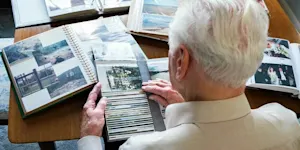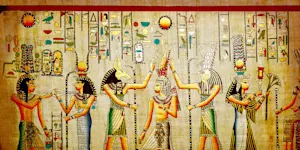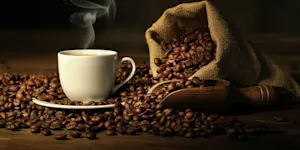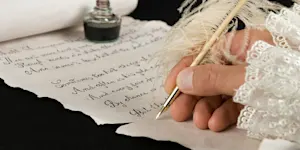What Makes This Word Tick
"Dearth" sounds like something you'd whisper with a touch of solemnity at a dinner table, hinting at a shortage or lack of something. It's a noun that just feels sparse and a bit dramatic, doesn't it? You might even use it when you want to emphasize that your cookie jar is, alas, barren.
If Dearth Were a Person…
If "dearth" were wandering around your neighborhood, it would be the kind who arrives at potlucks with synergies right at closing time—always a little late and making you wish there'd been more of whatever it is they brought.
How This Word Has Changed Over Time
In times of yore, "dearth" trailed a somber tone of famine or scarcity, used often to describe a literal lack of food. These days, it's adapted to meet modern needs, clinging a bit to its origins but also stepping into other realms of insufficiency—like when there's a dearth of humor at a particularly dull family gathering.
Old Sayings and Proverbs That Use Dearth
Older proverbs don’t typically roll out "dearth," but you can imagine quaint expressions like, "A dearth of bread makes bitter the bread that's baked," capturing an old-world essence. Maybe it's what kept cooks busy in the past!
Surprising Facts About Dearth
Did you know that the word "dearth" shares linguistic roots with "dear," as in costly? So, if someone once called you "dear," rest assured they weren't associating you with a shortage of anything good.
Out and About With This Word
"Dearth" might pop up in casual conversation when folks want to sound more poetic. Instead of saying the pantry needs stocking, a friend might lament the "dearth of snacks." It's that slightly theatrical flourish that gives everyday chats a touch of flair.
Pop Culture Moments Where Dearth Was Used
While "dearth" might not headline anywhere in neon lights, it does slip into scripts and subtitles, often describing the lacking elements of situations, perhaps in a suspense movie tapping into an eerie silence—where there's a dearth of sound.
The Word in Literature
In literature, "dearth" often dresses the scenery of a Dickensian landscape, bringing to life hardships with its lackluster luster. Authors might also employ it to underscore emotional voids in characters, giving depth to their trials.
Moments in History with Dearth
The Irish Potato Famine, with its profound lack of food, would be emblematic of the word "dearth." During such times, the word was a reminder of scarcity that was all too real, painting a somber picture of hardship.
This Word Around the World
Globally, expressions related to a lack of something exist in every language. In Spanish, "escasez" might be the equivalent, while the German "Mangel" gets the job done, each inviting its cultural flair to depict dearth.
Where Does It Come From?
Tracing back to the 13th century, "dearth" originated from the Middle English term for "dear," which meant precious or costly. Over time, it evolved to express scarcity, painting a vivid picture of lacking abundance.
How People Misuse This Word
Folks sometimes use "dearth" to exaggerate, claiming a "dearth of choices" when faced with too many options. Remember, "dearth" is more aligned with what is in scarcity, not when one's indecision masquerades as lack.
Words It’s Often Confused With
Death: A much more final term! It's the end of life, not a scarcity.
Dirth: An uncommon misspelling of dearth, albeit a nonexistent word.
Druthers: A southern U.S. English colloquial, more aligned with preferences than lack.
Additional Synonyms and Antonyms
Synonyms for "dearth" include scarcity, paucity, and shortage. As for antonyms, you’d look toward abundance, plenty, and surplus—a whole world the opposite of "dearth."
Want to Try It Out in a Sentence?
"In the dearth of this prolonged winter, even the smallest sign of spring felt like a long-lost friend returning home."
















